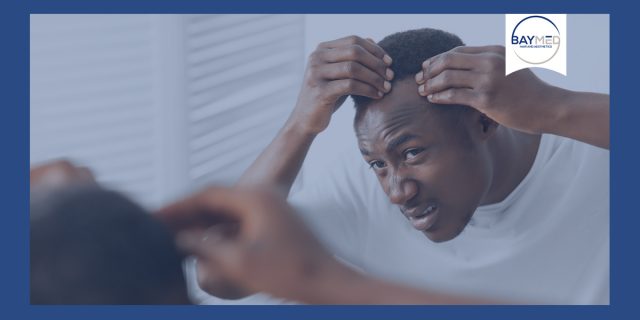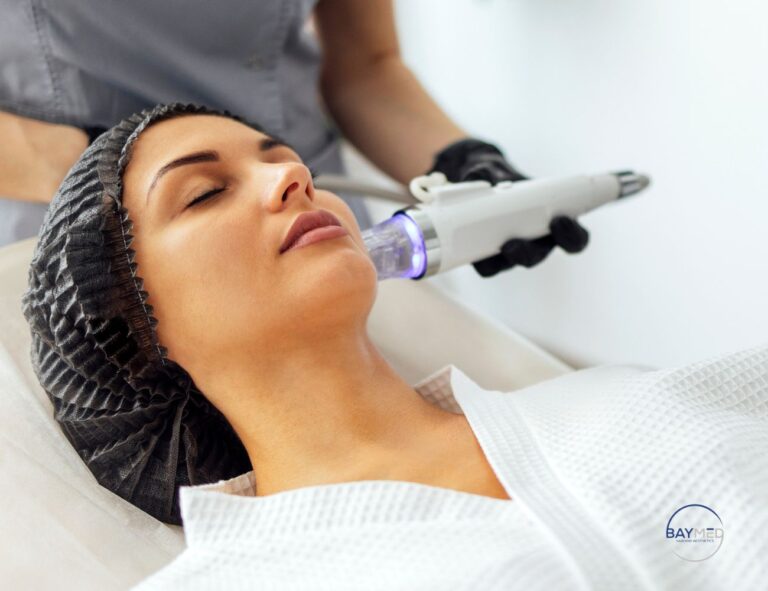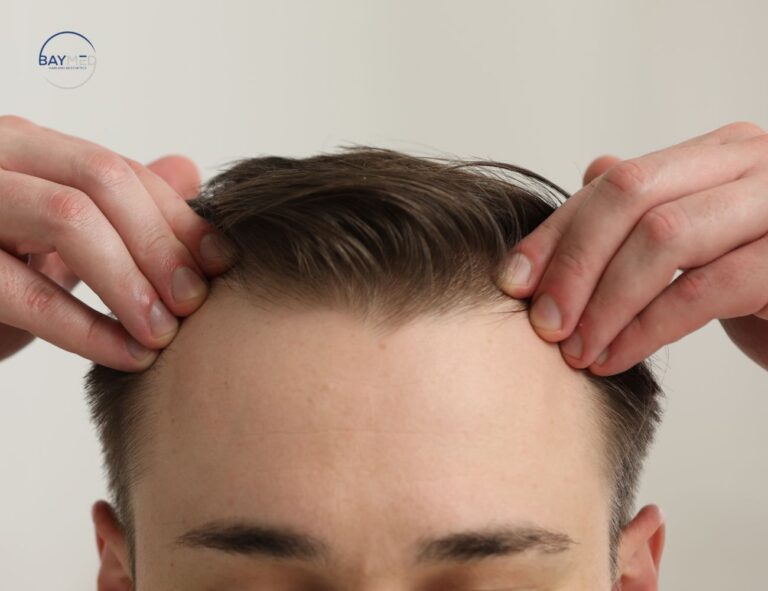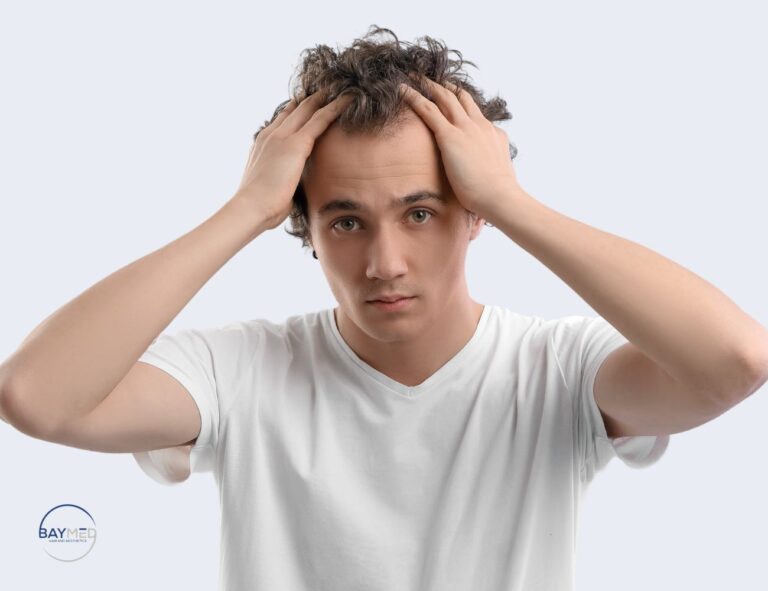Representation matters and all too often discussions of hair loss focus on men, especially white men. But the reality is that people of many different ethnicities experience hair loss and finding a hair loss expert who understands that is very important to successful treatment.
What Ethnicity Loses Hair the Most?
When discussing ethnic hair loss and relative rates of hair loss between ethnic groups, Caucasians of European descent have a greater rate of hair loss than other ethnic groups. Those of Inuit, Indigenous American, and Chinese descent have the lowest rate of hair loss. Hair loss for other ethnic groups falls in the middle.
Is Hair Loss Common in Black Women?
Rep. Ayanna Pressley (D-Massachusetts) and Jada Pinkett Smith have become the public faces of Black women with alopecia, embracing their hair loss while also speaking out about women’s hair loss.
Ethnic women – especially Hispanic women and Black women – suffer hair loss much differently than Caucasian women and at much higher rates… even though people of European descent experience hair loss more often than other ethnic groups. This is due to hair styles and styling products than can damage hair follicles and cause hair breakage. Unfortunately, many hair loss specialists don’t understand the unique factors of varying hair types, hair traditions and hair styles, and the impact they have on hair loss.
Makeup artist and LAMIK Beauty owner Kim Roxie explained: “I was shedding and finding bald spots in certain areas. I went to a dermatologist that didn’t look like me, and he didn’t help,” she said. “I tried castor oil, growth serums, all different kind of things and nothing helped. Then I went to a Black female dermatologist and she confirmed that I had two different kinds of alopecia.”
Is Hair Loss Common in Black People?
Millions of Black American women suffer hair loss not only because of genetic or health issues (like diet) but also because the traditional means of caring for their hair can be extremely damaging. Some styles – like tight braids, dreadlocks, and weaves – when done tightly will pull constantly at the hair follicle and may lead to traction alopecia. Other hair treatments, like chemical and heat straightening, can cause damage to the hair follicle.
While some Black men also create hair loss issues with over-styling, male pattern baldness (a genetic condition) is still the primary cause of hair loss in Black men. While there are other options, many – like basketball star Michael Jordan – simply resort to shaving their heads and embracing the bald look.
Hair restoration treatments are not ethnically dependent, but it is important to have a hair restoration specialist who understands what types of hair loss are most common for your ethnicity. Most Caucasian people with genetic hair loss will start seeing the onset of balding in their 30s… while many Black people will not see genetic hair loss until their late 30s.
Hair loss that occurs earlier may be evidence of traction alopecia or even autoimmune alopecia. So, your hair loss restoration specialist needs to understand how ethnicity influences hair loss.
Can You Treat Alopecia in Black People?
Alopecia can absolutely be treated in Black people – with the usual disclaimer that it depends upon the type of hair loss.
While certain medical conditions (like alopecia totalis) cannot be treated, most forms of hair loss can… especially when caught early. For example, alopecia in Black women is often traction alopecia. This can be halted and even reversed if diagnosed early enough, and surgical hair restoration can often be used if it’s diagnosed later.
BayMed Hair and Aesthetics understands ethnic hair loss issues!
We understand that everyone’s hair loss journey is different. Whether your hair loss is caused by genetics, nutrition, or ethnic standards of attractiveness, we can help you determine the cause and a course of treatment. When you visit us for a free consultation, we can help you find the cause of your hair loss or thinning. Contact us today to learn about your hair loss and what to do about it.





